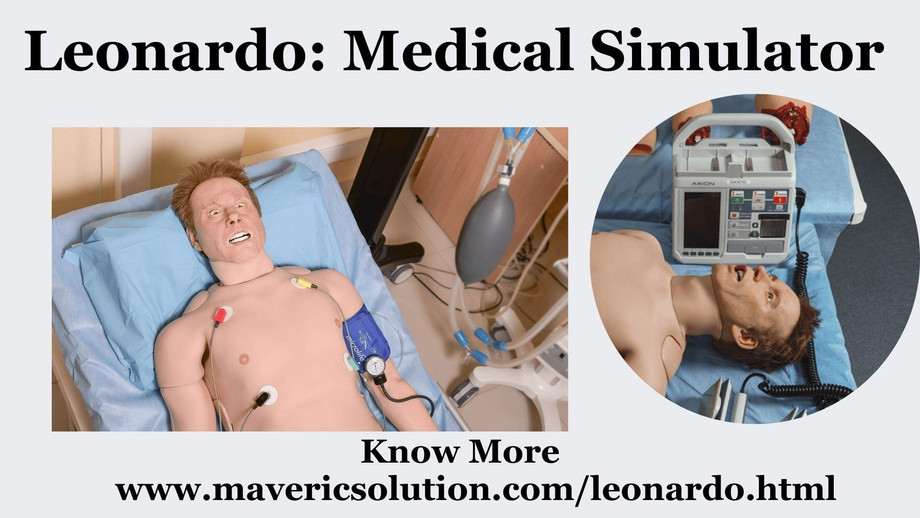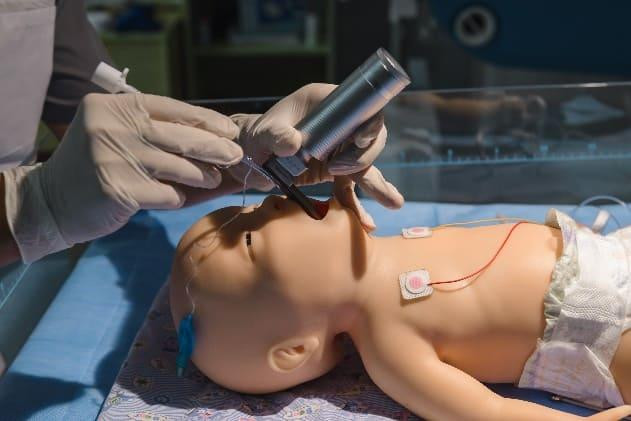The Role of Medical Simulators in Modern Healthcare
The realm of medical education has seen remarkable advancements over the past few decades, and one of the most significant developments is the advent of medical simulators. These sophisticated tools have transformed how healthcare professionals are trained, offering a realistic, risk-free environment for honing skills and gaining valuable experience. As the demand for proficient healthcare workers continues to rise, the importance of medical simulators in bridging the gap between theoretical knowledge and practical application cannot be overstated.
Medical simulator come in various forms, ranging from simple anatomical models to highly complex virtual reality systems. These devices replicate real-life medical scenarios, allowing trainees to practice procedures, make critical decisions, and experience the consequences of their actions without any harm to actual patients. The key advantage of medical simulators is their ability to provide repetitive practice in a controlled environment, ensuring that learners can achieve a high level of proficiency before performing procedures on real patients.
One of the most common types of medical simulators is the mannequin-based simulator. These full-body models have sensors and interactive features that mimic human responses. For example, they can simulate breathing, pulse, and even vocalize symptoms, giving trainees a comprehensive understanding of patient interaction and examination. High-fidelity mannequins can also be programmed to exhibit specific medical conditions, such as cardiac arrest or respiratory failure, enabling learners to practice emergency response techniques and develop critical thinking skills.
In addition to mannequin-based simulators, virtual reality (VR) simulators have emerged as a cutting-edge tool in medical education. VR simulators create immersive, three-dimensional environments where learners can interact with virtual patients and perform complex procedures. This technology offers a highly realistic experience, enhancing spatial awareness and hand-eye coordination. Furthermore, VR simulators can simulate rare or complicated cases that trainees might not encounter frequently in clinical settings, ensuring a well-rounded education.
The integration of medical training simulators into training programs has shown numerous benefits. Firstly, it enhances patient safety by allowing trainees to refine their skills before working on real patients. This reduces the likelihood of errors and improves overall patient care quality. Secondly, simulators provide immediate feedback, enabling learners to identify and correct mistakes in real time. This accelerates the learning process and builds confidence in performing various medical procedures.
Another significant advantage is the ability to standardize training across different institutions. Medical simulators ensure that all trainees receive consistent education and exposure to essential skills, regardless of their location or the resources available at their institution. This standardization is crucial for maintaining high standards of care and ensuring that all healthcare professionals are well-prepared to handle various medical situations.
Medical simulators are also invaluable in continuing education and professional development. Even experienced healthcare providers benefit from regular practice and refresher courses using simulators. This continuous learning approach ensures that professionals stay updated with the latest techniques and advancements in medical science, ultimately leading to improved patient outcomes.
Despite the numerous benefits, the implementation of medical training manikins does come with challenges. The initial cost of acquiring and maintaining advanced simulators can be significant, posing a barrier for some institutions. Additionally, there is a need for skilled educators who can effectively integrate simulation-based learning into the curriculum. These challenges, however, are outweighed by the long-term benefits of improved training and patient care.
Medical simulators represent a pivotal advancement in healthcare education. By providing realistic, risk-free environments for practice, these tools enhance the skills and confidence of healthcare professionals, leading to better patient outcomes. As technology continues to evolve, the role of medical simulators in shaping the future of medical training will undoubtedly expand, ensuring that healthcare providers are well-equipped to meet the demands of an ever-changing medical landscape.
For more information please visit: https://www.mavericsolution.com/




Comments
Post a Comment